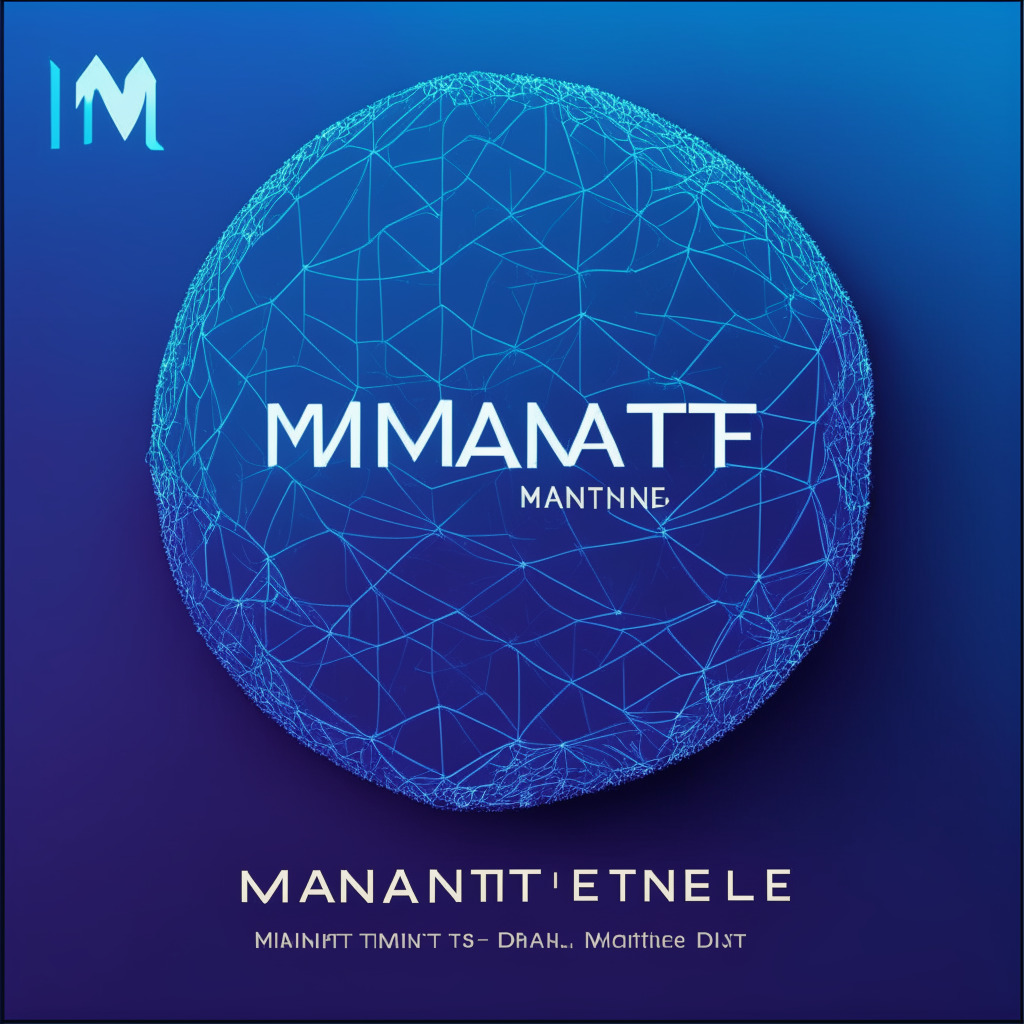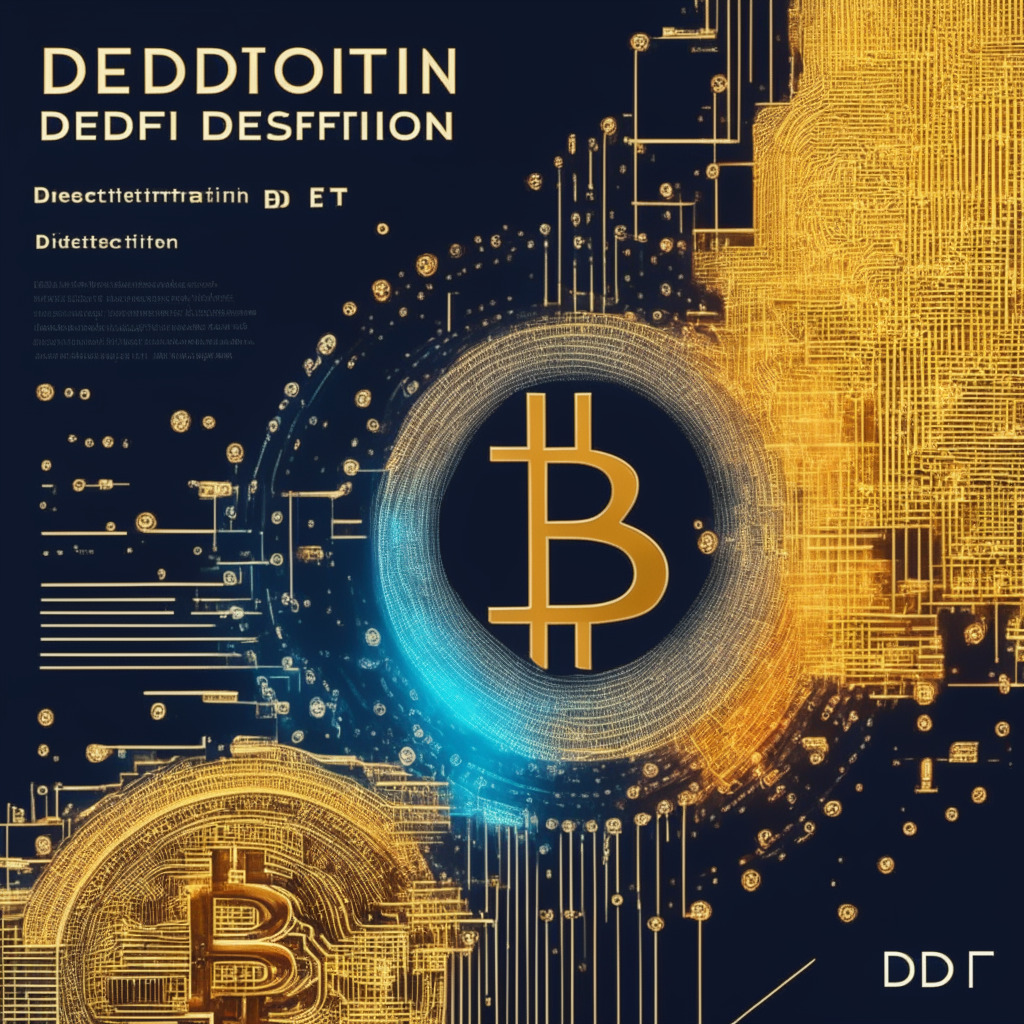In a surprising turn of events, decentralized exchange (DEX) Uniswap surpassed global cryptocurrency exchange Coinbase in trading volume for the fourth consecutive month in April. Data provided by CCData reveals that Uniswap’s trading volume has consistently climbed higher than its centralized counterpart, despite both exchanges experiencing a decline in volumes recently.
In April alone, Uniswap processed an impressive $37 billion in trades, a significant drop from March’s $70 billion, while Coinbase’s trading volume for April stood at $34 billion, compared to $49 billion in March. Although Uniswap operates on the Ethereum blockchain, it did not flinch from besting Coinbase, a considerable achievement for a decentralized exchange.
Analysts attribute this surprising outcome to several factors, including the depegging of stablecoin USDC in March. During this period, traders sought refuge in on-chain trading venues to mitigate uncertainty, and being the largest decentralized exchange, Uniswap was well-positioned to accommodate this shift, as noted by Jacob Joseph, a research analyst at CCData.
Moreover, Joseph states that increased regulatory scrutiny of centralized exchanges contributed to Uniswap’s growing trading volume. Coupled with the price recovery of Bitcoin and Ether since the beginning of the year, this perfect storm of factors revitalized market sentiment and piqued interest in decentralized finance applications.
Despite the staggering difference in trading volumes between Uniswap and Coinbase, both platforms serve a vital role in the ever-growing crypto ecosystem. Centralized exchanges like Coinbase provide a comfortable on-ramp for novice traders entering the space, while decentralized exchanges such as Uniswap facilitate a more trustless and permissionless trading experience that upholds the core principles of blockchain technology.
Nonetheless, it’s essential to consider the potential drawbacks of these exchanges. While centralized platforms are often scrutinized for their vulnerability to hacks and potential misuse of user funds, decentralized exchanges may pose challenges related to smart contract security and usability for less tech-savvy individuals.
In conclusion, the recent success of Uniswap over Coinbase demonstrates the growing importance and influence of decentralized finance in the broader cryptocurrency landscape. While there remain challenges and uncertainties for both centralized and decentralized exchanges, each platform’s unique strengths and weaknesses will continue to serve the diverse needs of those interested in the future of blockchain and digital assets.
Source: Coindesk




